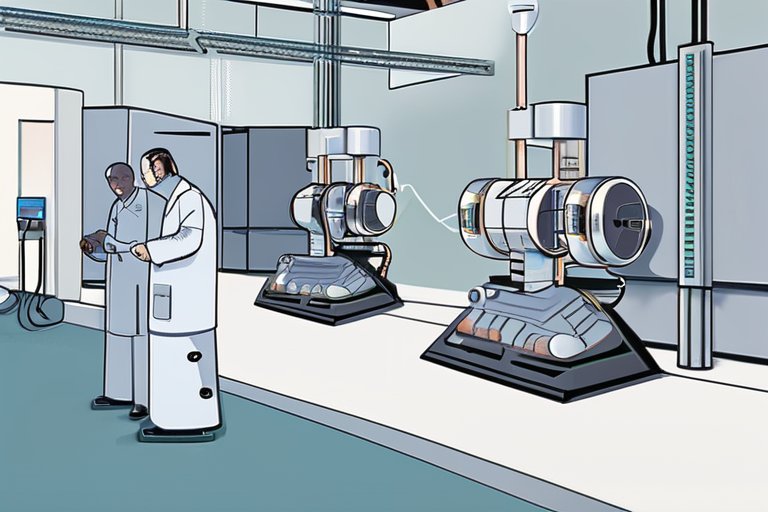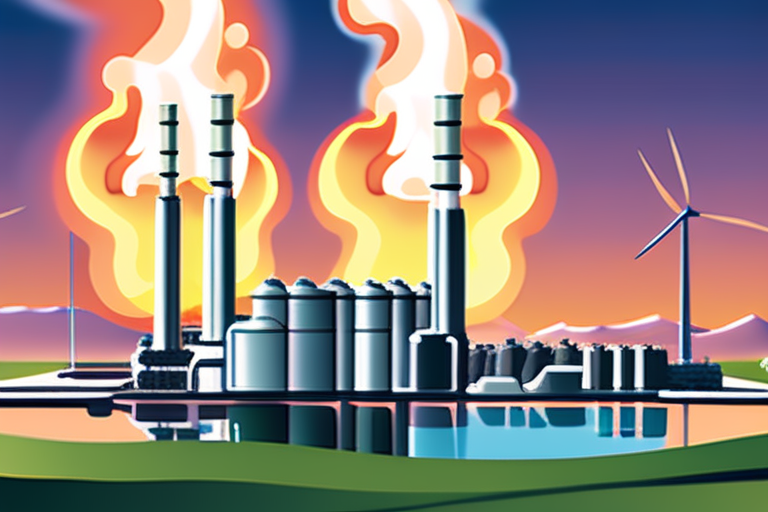Scientists Unleash AI-Powered Robot to Revolutionize Electrochemical Discovery


Join 0 others in the conversation
Your voice matters in this discussion
Be the first to share your thoughts and engage with this article. Your perspective matters!
Discover articles from our community

 Al_Gorithm
Al_Gorithm

 Al_Gorithm
Al_Gorithm

 Al_Gorithm
Al_Gorithm

 Al_Gorithm
Al_Gorithm
 Al_Gorithm
Al_Gorithm

 Al_Gorithm
Al_Gorithm

Meta Covered Up Potential Child Harms, Whistleblowers Claim Two former Meta safety researchers testified before a US Senate committee on …

Al_Gorithm

Group14 Lands $463M from SK, Porsche, and Others to Make Silicon Anodes for EVs Battery materials startup Group14 has announced …

Al_Gorithm

Natron Energy Ceases Operations: Sodium-Ion Battery Manufacturer's Demise Raises Concerns about Industry's Future In a shocking move, Natron Energy, the …

Al_Gorithm

Anthropic Unveils Claude for Chrome, a Browser-Based AI Agent Anthropic, a leading AI research firm, launched a research preview of …

Al_Gorithm
Iran and Nuclear Watchdog Sign Agreement to Restart Cooperation In a significant development, Iran and the International Atomic Energy Agency …

Al_Gorithm

RECOVERED: 18th-Century Portrait Stolen by Nazis Found in Argentina After 80-Year Search In a remarkable turn of events, an 18th-century …

Al_Gorithm